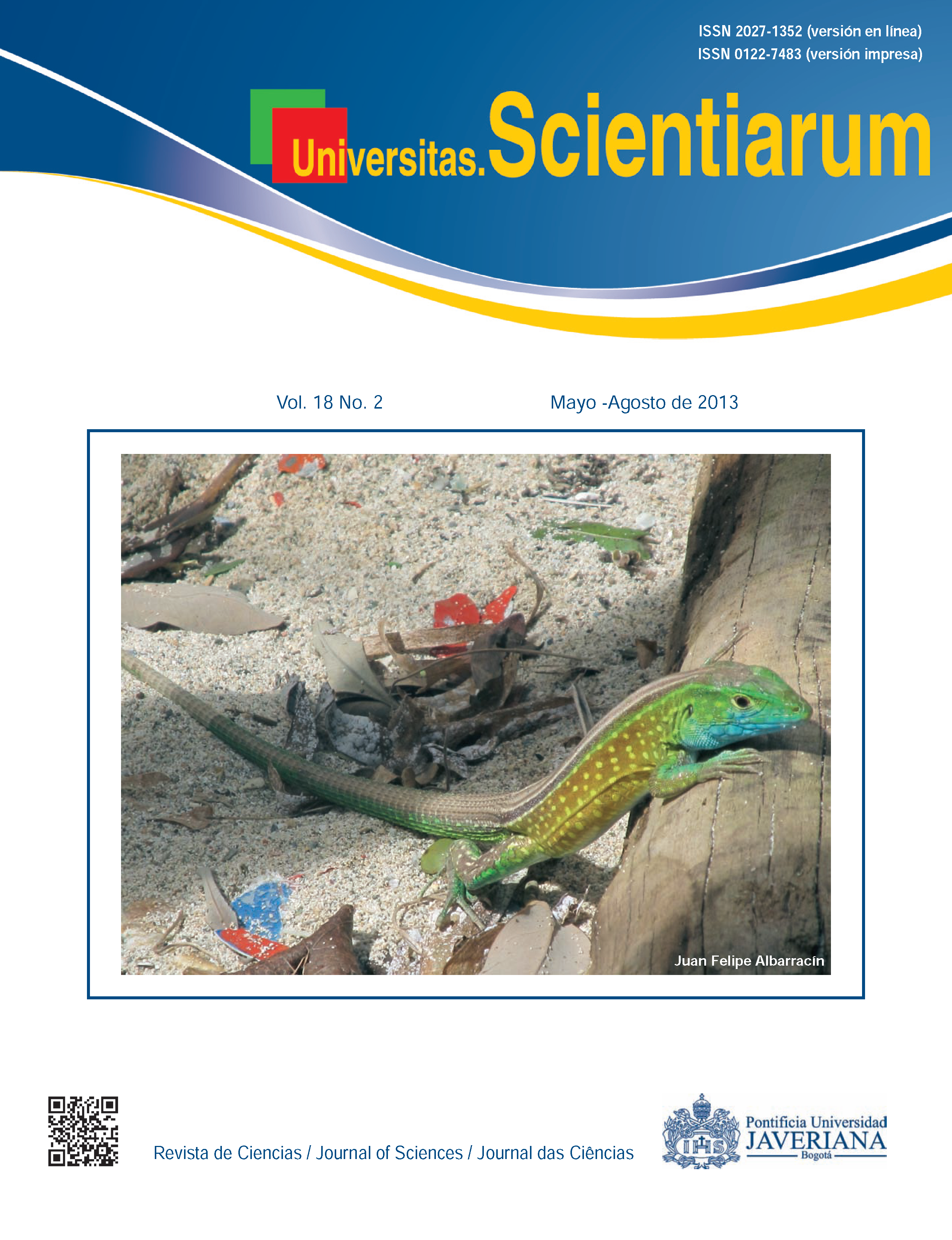Abstract
The reporting of L. monocytogenes in food in Colombia is not a mandatory; however, foods considered high-risk are monitored, and the organism is only reported clinically as Gram-positive when it causes meningitis. L. monocytogenes is a foodborne, intracellular, pathogen which causes listeriosis, a disease lethal to humans and animals. Outbreaks of this disease worldwide can bring about human and economic losses. Only a few studies in Colombia have been able to identify and molecularly serotype isolates allowing only the theoretical distribution of serotypes by lineage. This review explains the characteristics of the pathogen, its importance in public health and in the food industry, and provides an overview of PFGE-CHEF; identifying the standard work protocol and the appropriate restriction enzymes to cut DNA. We found that the enzyme combination, Xba- Asc. followed by Apa. offers the best results to differentiate isolates, by grouping them by lineages, and displaying intra-serotype variations. Additionally, we found that in several Latin American countries the results are analyzed using PulseNet; this ensures the comparison of PFGE patterns in equivalent conditions.
Univ. Sci. is registered under a Creative Commons Attribution 4.0 International Public License. Thus, this work may be reproduced, distributed, and publicly shared in digital format, as long as the names of the authors and Pontificia Universidad Javeriana are acknowledged. Others are allowed to quote, adapt, transform, auto-archive, republish, and create based on this material, for any purpose (even commercial ones), provided the authorship is duly acknowledged, a link to the original work is provided, and it is specified if changes have been made. Pontificia Universidad Javeriana does not hold the rights of published works and the authors are solely responsible for the contents of their works; they keep the moral, intellectual, privacy, and publicity rights. Approving the intervention of the work (review, copy-editing, translation, layout) and the following outreach, are granted through an use license and not through an assignment of rights. This means the journal and Pontificia Universidad Javeriana cannot be held responsible for any ethical malpractice by the authors. As a consequence of the protection granted by the use license, the journal is not required to publish recantations or modify information already published, unless the errata stems from the editorial management process. Publishing contents in this journal does not generate royalties for contributors.



